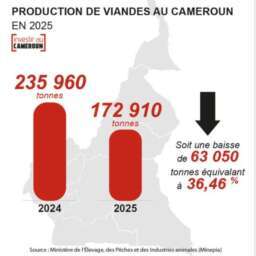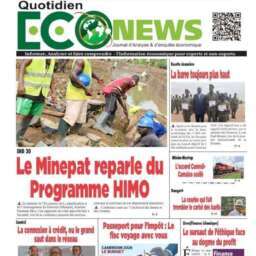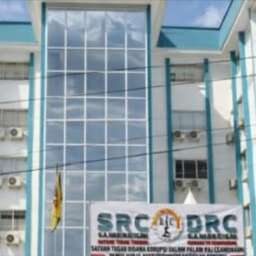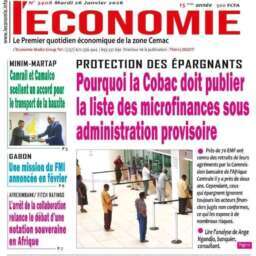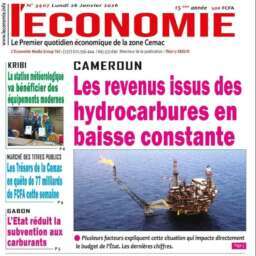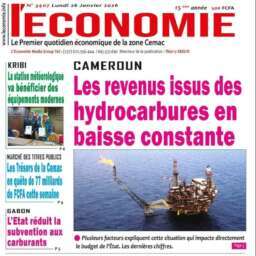(Business in Cameroon) – Cameroon’s National Observatory on Climate Change (NOCC) has warned that rising heat and shifting rains threaten the country’s crop and energy outlook. The warning was signalled in the observatory’s latest climate bulletin No. 240. The bulletin revealed that hotter days, erratic rainfall and localised flooding are likely to impact key economic sectors between 21 and 30 October 2025.
According to NOCC, the dekad will be marked by “below-average rainfall amounts” across most of the national territory, notably in the Sudano-Sahelian zone and Guinea high savannahs, while the bimodal rainforest zones of the Centre, East and South regions will continue to experience the long rainy season. The report highlights a gradual end of rains in the North and an early onset of dry conditions in the Far North.
The NOCC analysis shows mean maximum temperatures will rise above historical averages in multiple localities across all ten regions, including Douala, Yaounde, Garoua, Buea, and Bamenda. Average highs are projected to reach between 31°C and 36°C, with the Far North and North regions recording the most extreme heat. In contrast, minimum temperatures will fall sharply in areas such as Maroua, Garoua, Ngaoundéré, and Tcholliré, posing risks to livestock and crop yields.
In agriculture, the NOCC forecasts degradation of tomato, maize, pepper, and cotton farms due to intense winds and heavy rainfall. Orchards in the far south may also experience fruit losses from violent gusts. These disruptions are expected to affect local food supply and potentially raise market prices of perishable goods in urban areas like Yaounde and Douala. The bulletin also warns of a high risk of recording cases of animal loss and shepherds in shelters in the western highlands, southern and northern regions.
It added that soil subsidence risks and infrastructure damage in Douala and the Adamawa highlands as saturated soils from prolonged rainfall compromise building foundations.
The bulletin also warns the energy sector faces exposure to lightning and storm damage on power lines and transformers in the western and southern regions, with possible interruptions in electricity distribution. The NOCC urges close monitoring of weather-sensitive sectors, especially agriculture, transport, and energy, given the volatility of current climate trends.
Mercy Fosoh







